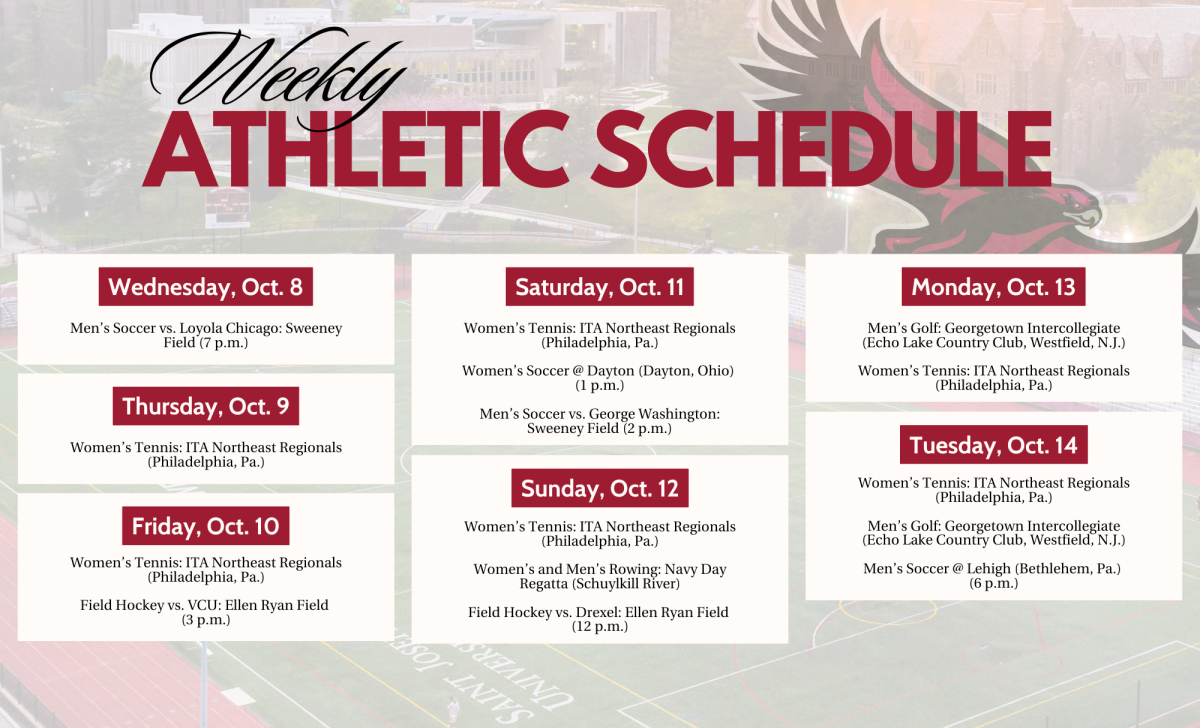Tom Coyne, M.F.A., associate professor of English, made his golf experience at 50 of the previous U.S. Open venues a way to help those most impacted by the coronavirus pandemic. While working on his fifth book “A Course Called America” in 2019, Coyne played golf at U.S. Open venues across the country.
Before his travels, Coyne had come up with a goal: he wanted to present each golf club he visited on his trip with a gift to remember him by, so he turned to his friend Chandler Withington, the Head Golf Pro at Hazeltine National Golf Club in Chaska, Minnesota
“They have very long winters there and Chandler’s a bit of an artist and so he started working on a poster,” Coyne said.
Chandler created a poster for each golf course that had previously hosted the U.S. Open, entirely hand drawn, incorporating their logos and the names and years of past winners.
According to Coyne, Chandler thought the poster was an excellent way to bring together all of the elements of his trip into one work of art.
“It’s just absolutely stunning and when I finally saw it I was totally blown away,” Coyne said.
After his trip came to an end in late 2019, Coyne was left with a few extra U.S. Open posters.
Originally, Coyne said he wasn’t sure what he would do with the extra posters, but in light of the coronavirus pandemic, he proposed a new plan.
“People saw this poster and they were freaking out, everybody wanted one, but I only had a couple left,” Coyne said. “We couldn’t sell them because the [United States Golf Association] had asked us not to. Then I saw other people were starting to do different charitable things in the ‘golf space’ around COVID-19. So I thought, with these three last posters left, what if we just sold them for charity?”
On March 29, Coyne took to Twitter, announcing that the last three of the posters would be given away to the three most charitable donors to any COVID-19 relief fund of their choosing.
Within the first four hours of posting that tweet, Coyne received bids well over $1,000, and the numbers only continued to rise from there.

“I knew I would have way more interest than I had posters, so I just did it as a blind auction where people messaged me how much they were willing to donate,” Coyne said. “I did that for about 24 hours and it got crazy, we raised [in total] I think $10,500.”
Donor Erik Gellatly had the chance to support the fight against the coronavirus and help the golf community. He donated to Medical Teams International, and said the opportunity to acquire a little bit of golf history in the process was not one he could pass up.
“I’ve been blown away by the amount of generosity that the golf community has garnered during this time,” Gellatly said. “It’s truly amazing and inspiring to my family and I love how Chandler was able to visualize so much golf history in one poster. When businesses start opening up, one of my first stops will be to the local framing shop to make the poster properly presentable.”
A second donor, who asked to remain anonymous, donated to Feeding America. They echoed a similar theme, stating their desire to help those in need and the opportunity to do so through their passion for golf made the decision to donate much easier.
“That was the best part,” the donor said. “We’ve got to see the impact on golf specifically as our club has had to slow down operations due to the virus and so it was cool to be able to find a tie between golf and the ability to help other people.”
Donor Chris Klingenstein split his donation between American Red Cross and Direct Relief. He said it was an interesting idea for Coyne to do this auction, with all the “craziness going on in our world right now.”
“For me to have a chance to, number one, contribute to what’s a very easy cause right now and then number two, to be able to frame that amazing poster and put it in my office or wherever was equally enticing,” Klingenstein said.
In awe of the support his auction received, Coyne said he can’t help but point out how important this achievement really is.
“When you put it all together, for three posters to raise over $10,000 for a great cause was quite unexpected and overall just pretty amazing,” Coyne said.




















































